

SOCIAL
GAWU and stakeholders succeed in curbing child labour in Kpando Torkor
Mr. Andrew Addoquaye Tagoe, Deputy General Secretary, General Agricultural Workers' Union (GAWU) of TUC-Ghana, says the union and stakeholders have so far rescued about 42,000 children from child labour in KpandoTorkor, and 10 other communities.
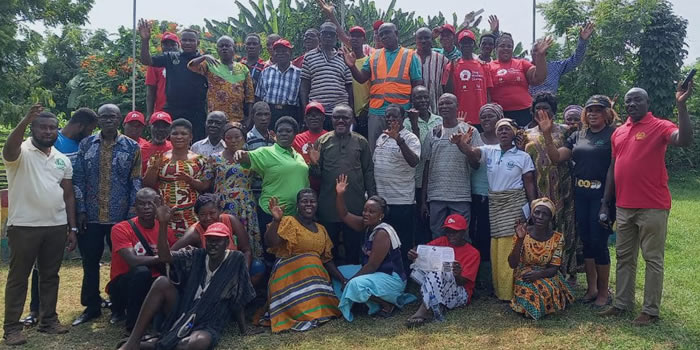
Date Created : 11/4/2022 12:00:00 AM : Story Author : Edward Williams/Ghanadistricts.com
He said the move had reduced the involvement of many children in fishing activities that were classified as child labour.
Mr. Tagoe, during a workshop for media partners on child labour and decent work at KpandoTorkor, disclosed that there had also been the formation of a Community Child Protection Committee and given the requisite training to recognise and address child labour.
He said the District Assembly was also working with the community, adding that child labour issues had become a campaign theme.
Mr. Tagoe said communities and schools were also receiving support from partners, where teachers were trained to identify and provide services for child labour victims in schools.
He said the Social Welfare Department had also helped in tracing families of rescued children while commending MissahoeChildrens Orphanage, which helped in accommodating more than 100 rescued children.
Mr. Tagoe said support had also been extended to fishers to fish safely and embark on advocacies, which resulted in the building of a few classrooms for the community by the inland fishers, Premix Committee.
He said the youth had also been trained to fill gaps in the continuous education on child labour and women, trained in proper fish processing to help generate revenue.
Mr. Tagoe said Torkor Model had become a learning centre hence the plans to replicate the success story in other 11 districts of the Volta Lake to both supply and demand communities' side of child labour, forced labour, modern slavery, and human trafficking.
He said there would also be construction of a Resource Centre in Kpando to serve as a learning and exchange centre of the Model as well as put additional systems in place to address occupational safety and health deficits and develop strategies and partnership for enhanced remediation and prosecution.
Mr.Tagoe said some challenges faced were political differences, "undertone" chieftaincy issues, migrants and family differences and inadequate resources for the Union to supply needs for the community including fishing gears, outboard motors and safety working gadgets.
He said another challenge was the transfer of teachers who had been trained in identifying and re-integrating rescued children and the School Feeding Programme since the children could not receive any support in the absence of the Programme.
Mr. Tagoe said despite the challenges, the Torkor Model had been identified as a successful model in addressing child labour.
Mr. Louis Acolatse, Chairman, Community Child Protection Committee, KpandoTorkor, said although curbing child labour was a challenging task, for him, all rescued children who were now receiving education and performing excellently was a joy.
He said keeping the children on the lake and denying them education was only wasting off their bright future.
Mr. Acolatse commended GAWU, stakeholders and partners for their support, adding that young children were already being trained to become advocates of curbing child labour.
He also commended the community, especially fishers, for accepting and helping the fight against child labour.
Mr. Gabriel Bavor, Regent of KpandoDzigbe, said children were future leaders and it was important that parents ensured the menace of child labour became outdated.
He expressed gratitude to GAWU and stakeholders for the initiatives and pledged the traditional authorities support to ending child labour.
Some partners of GAWU are the International Labour Organisation (ILO), Netherlands Trade Union (FNV), Stop Child Labor Campaign (HIVOS) Holland and countries including Tanzania, Kenya, Uganda, Zambia and Zimbabwe.
The Torkor Model consists of an integrated system of three components;organising informal workers, social mobilization through sensitization and capacity building and in some cases community-based sanctions and knowledge sharing.
It supports workers within rural informal economy communities and supply chains within the inland canoe fishing on lake Volta in KpandoTorkor and surrounding communities to effectively fight child labour, forced labour, modern slavery and human trafficking.
The model is also being replicated in other areas of agriculture including cocoa, oil palm, rice and citrus fruits.
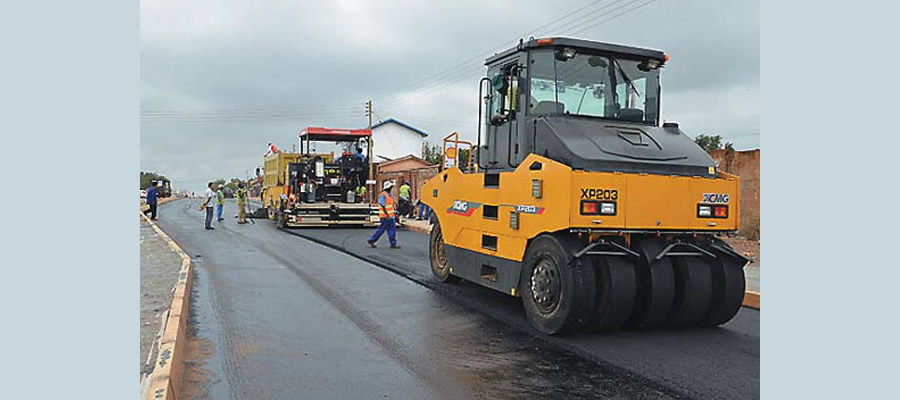
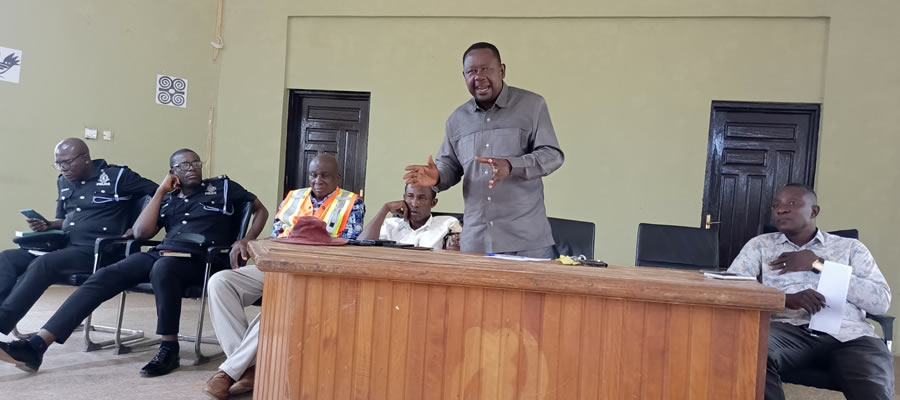
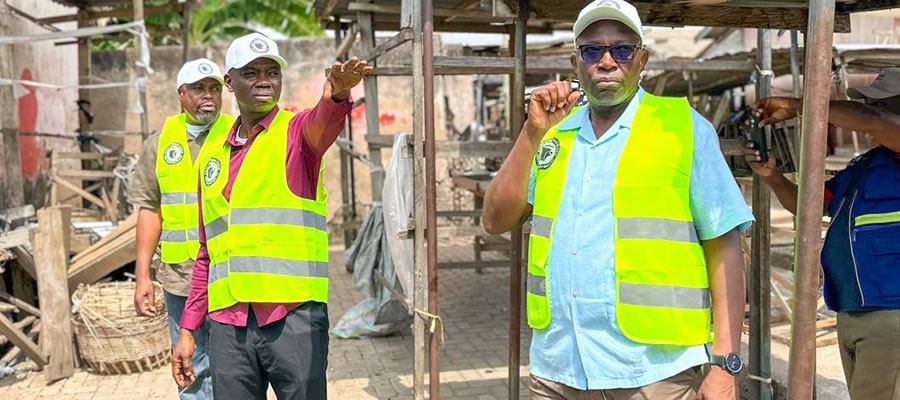
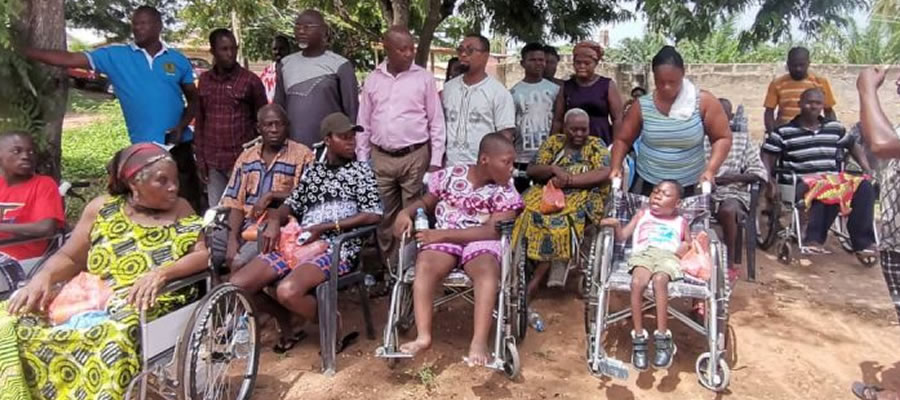

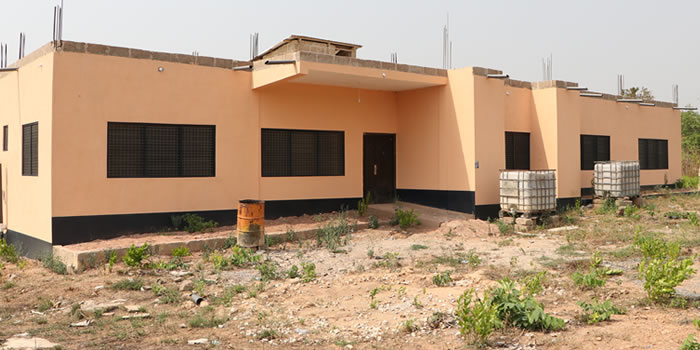
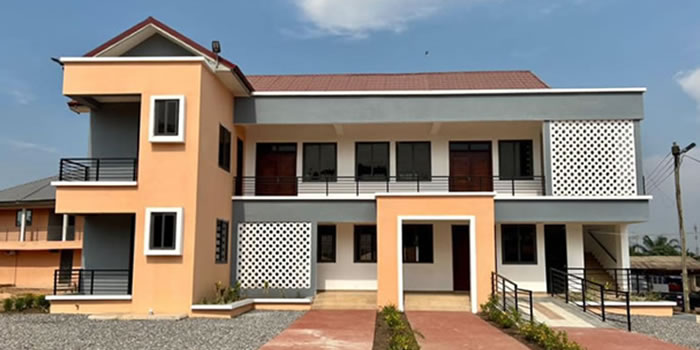

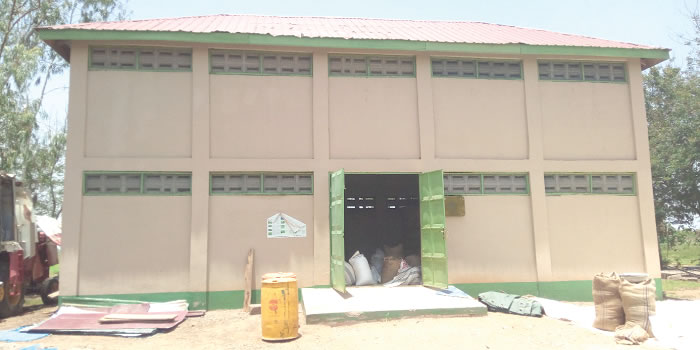

 facebook
facebook
 X
X
 Youtube
Youtube
 instagram
instagram
 +233 593 831 280
+233 593 831 280 0800 430 430
0800 430 430 GPS: GE-231-4383
GPS: GE-231-4383 info@ghanadistricts.com
info@ghanadistricts.com Box GP1044, Accra, Ghana
Box GP1044, Accra, Ghana